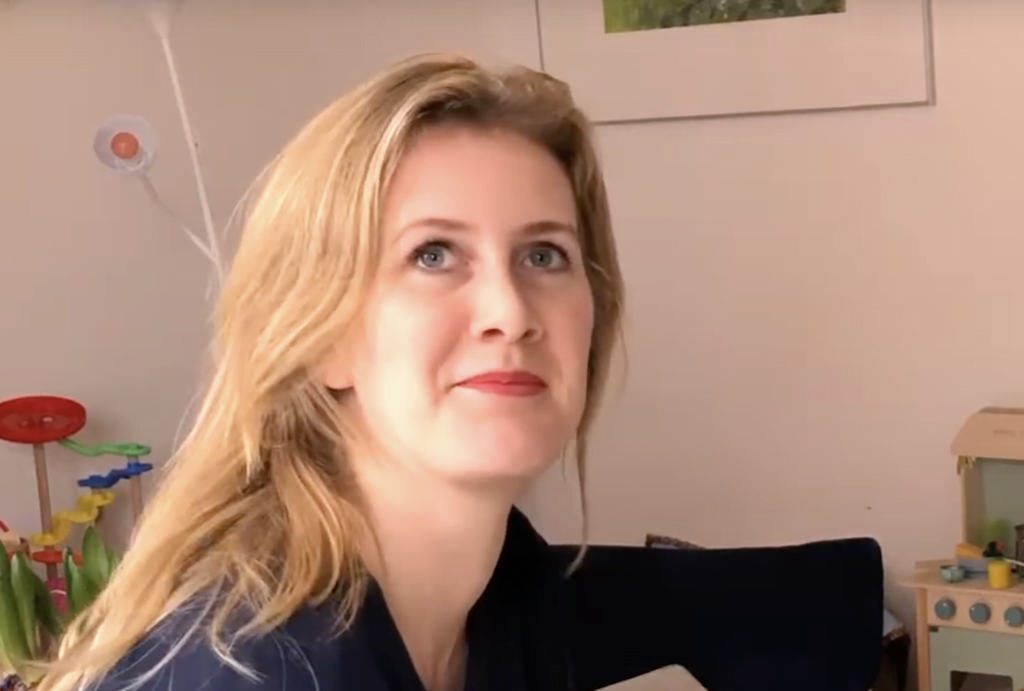Infrastructure plans on pause now that the focus is on renovation despite political divisions over road projects in the House of Representatives.
Various developments in the Dutch infrastructure and transport landscape were discussed this week. The government has decided to temporarily pause 17 major infrastructure projects, a decision that followed a long debate in the House of Representatives. The challenges facing this decision include increased construction costs, workforce shortages and the nitrogen issue. Minister Harbers of Infrastructure and Water Management was unable to provide optimistic news about the progress of these projects, which led to a shift in focus to maintenance and renovation of existing infrastructure.
The political division This issue became clear during the discussion in the House of Representatives. Left-wing parties showed more understanding for the shift in resources, while right-wing parties emphasized that new roads are essential for the accessibility of the Netherlands. Another important topic discussed was the shortage of truck parking. The ministry has taken steps to tackle this problem, including EU subsidies for five new locations and a pilot project in Limburg.
State Secretary Heijnen spoke about the role of the mobility sector in the fight against climate change, with an emphasis on the Netherlands as a leader in electric driving and sustainable mobility. Despite the good charging infrastructure, fast chargers remain a challenge. A calculation by the PBL shows that the reduction targets for the mobility sector are within reach.

Melanie van der Horst, Amsterdam councilor for Traffic, Transport and Air Quality, will act as guest speaker performance during the KNV New Year's reception. She will share her vision on Amsterdam's mobility transition and the challenges and opportunities this entails.
Meanwhile, the criticism of Royal Dutch Transport (KNV) about student transport. Chairman Bertho Eckhardt called for urgent consultations to prevent incidents in the 2024-2025 school year, pointing to a persistent capacity shortage.
Dutch people always have to travel further for general practitioner care, according to recent CBS figures. The average distance to the nearest GP practice has increased. There are notable differences between different areas in the Netherlands.
FNV has its support distinct identity. for a bill that gives provinces the opportunity to independently organize regional transport. This follows the ongoing problems within public regional transport.
In Belgium, smartphone use is used behind the wheel stricter punished. From February 1, 2024, this will lead to a driving ban of fifteen days, a significant change compared to the previous fine of 174 euros.



